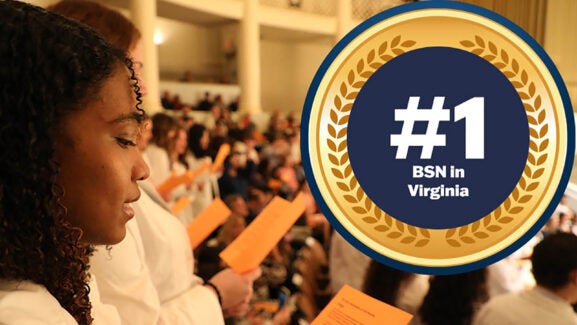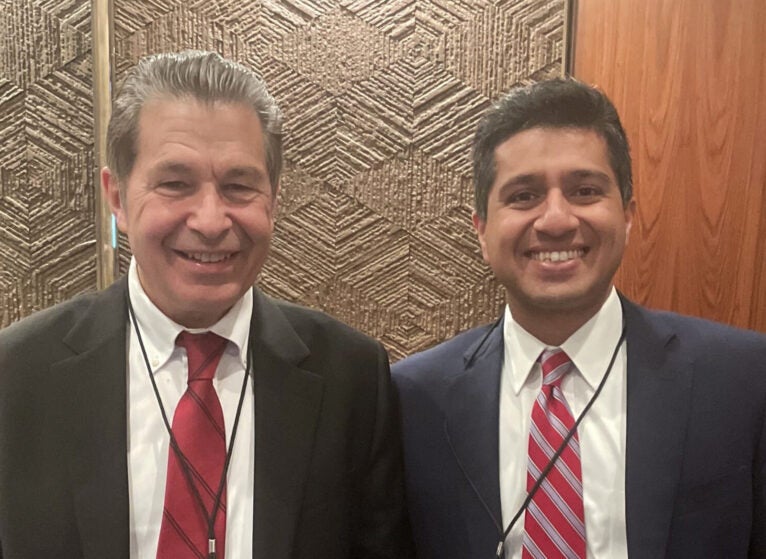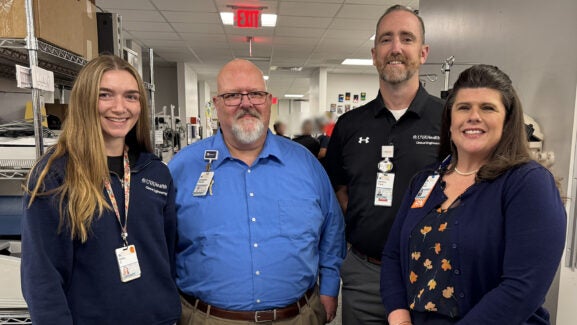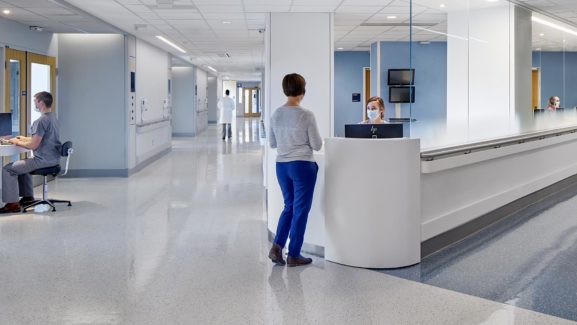

UVA Health Experts Warn of Looming Threat to America’s Surgical Research
Surgeons who also conduct important biomedical research are struggling to obtain research funding, and that “broken pipeline” could spell extinction for surgeon-scientists and slow innovations for patients if something isn’t done, a team of UVA Health experts warns.
Researchers led by Bruce Schirmer, MD, of UVA's Department of Surgery, found surgeon-scientists often succeed in obtaining research support early in their careers but then are much less likely than peers in internal medicine to translate that into ongoing research funding.
The reasons for this are complex, Schirmer and colleagues say in a new scientific paper, but include the heavy clinical demands surgeons face and the ongoing need to maintain and refine their skills. This often leaves them with little time to compete for research funding and to conduct research that would ultimately benefit patients.
That, Schirmer and colleagues warn, could have dire implications for the future.
“Surgeons have been responsible for many of the significant advancements in treatments of diseases, especially those of the cardiovascular, digestive, neurologic, endocrine, pulmonary, and urologic systems, as well as most types of cancer. Lack of ongoing funding for surgical research could limit such contributions in the future,” Schirmer explains. “These data should be a wake-up call to the surgical community to reconsider when research is optimally performed during surgical training and how resources to subsequently support it can be best secured.”
Surgical Research Funding
Schirmer and his team looked at research grants obtained by trainees in surgery and internal medicine. They found trainees obtained F32 grants from the National Institutes of Health (NIH) to support dedicated research at similar rates, but the internal medicine trainees were almost six times more likely to parlay that later into R01 grants, the NIH’s oldest and most competitive funding mechanism. The internal medicine researchers were also five times more likely to obtain a career development K-award from the NIH.
The researchers label the discrepancy a “shocking drop-off” and say it represents a “major problem” for the surgical specialty.
“Surgeons are struggling to find funding, and many of them are not able to obtain funding despite trying for 10 years. Surgeon-scientists have made many advances in biomedical research in fields such as transplantation, oncology, and diabetes,” says UVA Health surgery intern Adishesh K. Narahari, MD, PhD, the first author of the new scientific paper. “In short, surgeons need to apply for funding early and become proficient at navigating the biomedical research world. Otherwise, we may see a decrease in innovation and lack of new solutions to not only surgical problems but many areas of biomedical research.”
Narahari, Schirmer, and their collaborators say swift action is needed and have formulated recommendations to address the problem. These suggestions include:
- Develop alternate grant-funding mechanisms to support surgeon-scientists.
- Establish programs at individual institutions to support surgical residents who wish to do research.
- Encourage surgeons to do research by evaluating surgeon-scientists using different job-performance metrics than surgeons who do not do research.
If steps aren’t taken, the UVA researchers warn, surgical research will suffer.
“We hope this paper sparks a movement to encourage the development of surgeon-scientists through curricular, programmatic and supportive mechanisms that foster those highly interested in such career paths to be most productive and successful,” Schirmer said. “We hope those who oversee surgical education and training will strongly consider these findings.”
Findings Published
The researchers have published their findings in the scientific journal Annals of Surgery. The team consisted of Narahari, Anirudha S. Chandrabhatla, Emily Fronk, Simon White, Shreya Mandava, Hannah Jacobs-El, J. Hunter Mehaffey, Curtis G. Tribble, Mark Roeser, John Kern, Irving L. Kron, and Schirmer.
Narahari was supported by NIH grant F30CA236370.
To keep up with the latest medical research news from UVA, subscribe to the Making of Medicine blog.
Latest News



